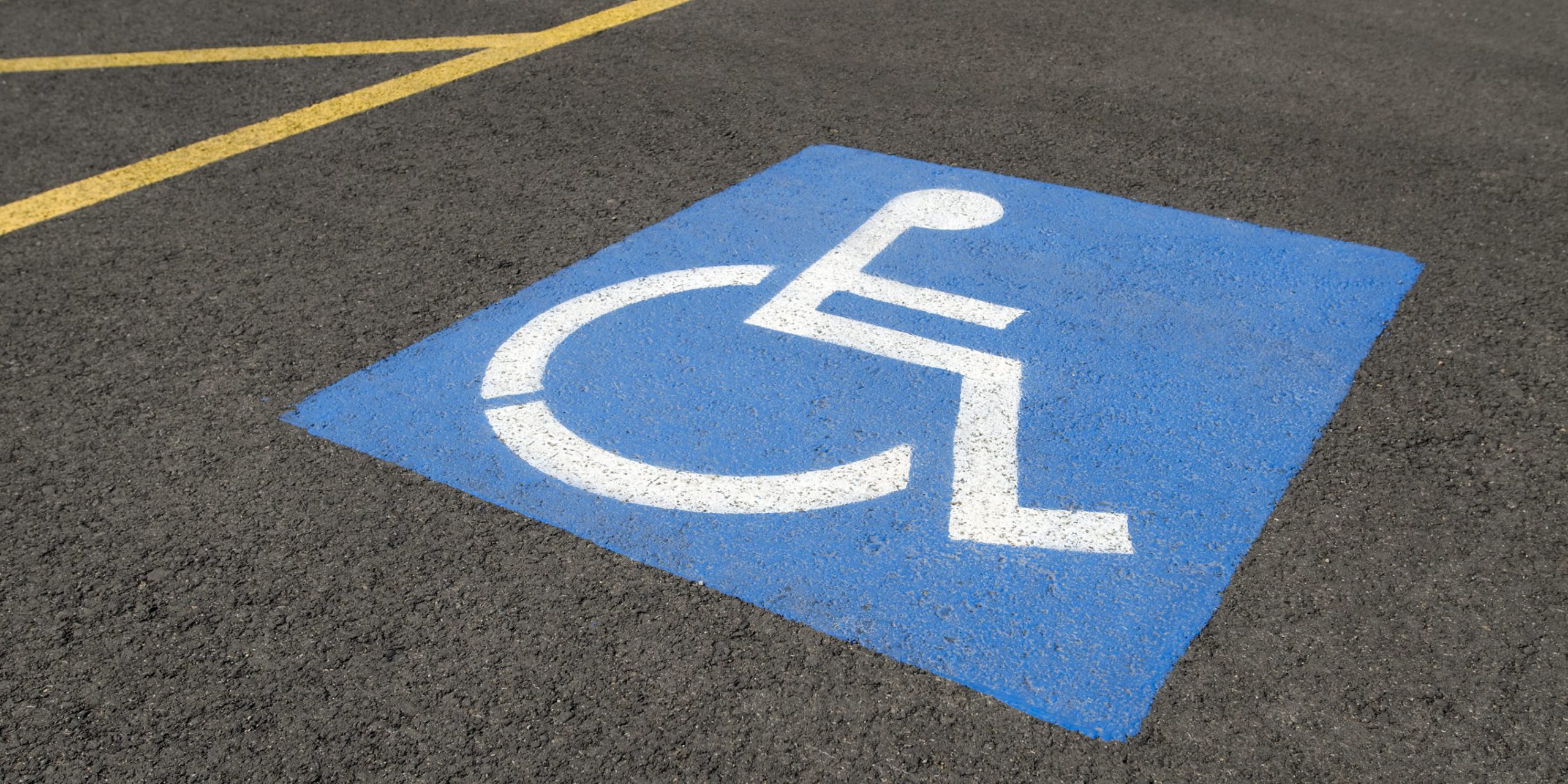The Fair Housing Center and the Lucas Metropolitan Housing Authority (LMHA) are pleased to announce a joint effort to ensure public housing programs and services are accessible for persons with disabilities. A three-year agreement paves the way for LMHA residents to benefit from improved processes for accommodations and modifications in their homes that are medically necessary. The agreement is the result of The Fair Housing Center and Advocates for Basic Legal Equality (ABLE) working with LMHA to improve access to its housing for persons with disabilities.
Demetria Simpson, LMHA’s President and CEO said, “The Housing Authority is excited about this new partnership and opportunity to work with The Fair Housing Center to improve the process for providing quality and accessible accommodations for our residents. The collaboration with The Fair Housing Center, other key advocacy groups, and community partners is a very good beginning to rewrite and redefine policy so that individuals receive the reasonable accommodations they need to have a better quality of life.”
“As a community we need to recognize the needs of this growing population and provide housing to accommodate those needs,” stated Michael Marsh, President and CEO of The Fair Housing Center. “One in five Americans has a disability and the Baby Boomer generation represents a large aging population, many of whom want to age in place and continue to be connected to their communities. This has created a significant demand for accessible housing. The Toledo area has an abundance of older housing stock that is inaccessible unless structural alterations are made, and there are also situations where a policy needs to be amended. Often these are simple changes that make a big difference in the life of a person with a disability.”
“This new partnership will improve access to safe and affordable housing for persons with disabilities in our community,” explains George Thomas, the ABLE attorney representing The Fair Housing Center. “Although the parties started out at odds, we’re pleased we could come together for this great result—and a path forward for continued collaboration. Under the law all persons with disabilities should feel that they can request reasonable accommodations and modifications and know that their requests will be considered in a timely manner. This partnership helps make that very basic right a reality.”
The Fair Housing Act and Section 504 of the Rehabilitation Act require housing providers to consider requests for reasonable accommodations and modifications, and grant such requests when documentation is provided that verifies both the tenant’s disability as well as their need for the change. A change in a rule, policy, practice, or service is a “reasonable accommodation.” Examples include: allowing an assistance animal when pets are not allowed, creating a reserved handicapped parking space, or requesting a ground floor residence due to limited mobility. A structural change, or an alteration of the premises, is a “reasonable modification,” and examples include: installation of grab bars, ramps, or lowered countertops.
“LMHA is the largest subsidized housing provider in the Toledo area working with approximately 19,000 individuals, which makes it essential to ensure everyone in our community has access to this vital resource, including those with disabilities,” Mr. Marsh explains. “Every person’s situation is unique, and policies should not stand in the way of providing housing to those who need it most.” In some instances, tenants may seek to move into a different unit that is more suitable; a single tenant may require a two-bedroom unit to provide space for oxygen tanks and other sizable medical equipment, or a family might seek to move to a non-smoking location to reduce the impact on their daughter’s respiratory disabilities. In other situations, minor physical changes can enable someone to have full use of their home; a tenant who is blind and has arthritis might be unable to use his kitchen cabinets unless knobs are installed.
The partnership will establish a smoother process to help ensure LMHA residents with disabilities are able to request and obtain reasonable accommodations and modifications in a timely and efficient manner. The following activities will be implemented over the next three years:
• Residents who had previously been unable to obtain accommodations or modifications will have the opportunity to re-submit their requests during a reconsideration period.
• The Fair Housing Center will provide annual fair housing training to enable LMHA staff to fully understand tenants’ disability rights and apply policies consistently and fairly for all residents.
• Regular reports detailing LMHA’s reasonable accommodation and modification requests will be reviewed to ensure residents with disabilities are able to secure accessible living conditions. The Fair Housing Center will have the opportunity to analyze data and provide input to assist in the continuous improvement of LMHA’s policies and procedures.
• A cooperative relationship between The Fair Housing Center and LMHA will result in quicker and more effective complaint resolution for tenants. The two organizations will engage in open dialogue to discuss disputes regarding reasonable accommodations or modifications, and efforts will be made to reach amicable solutions in a simpler and less formal way.


